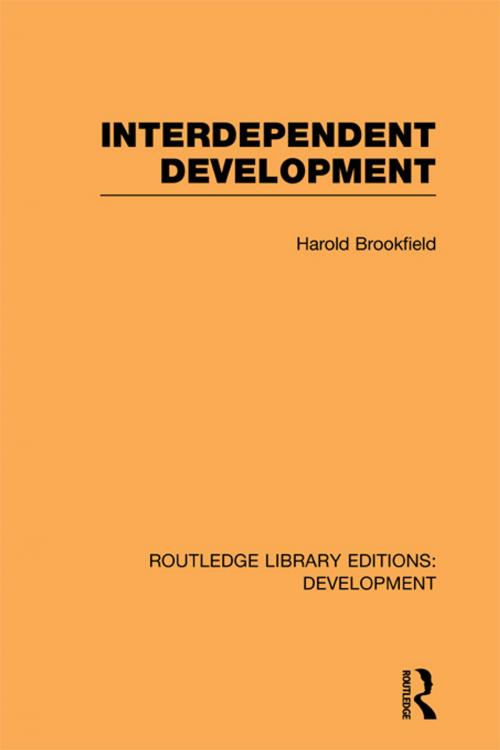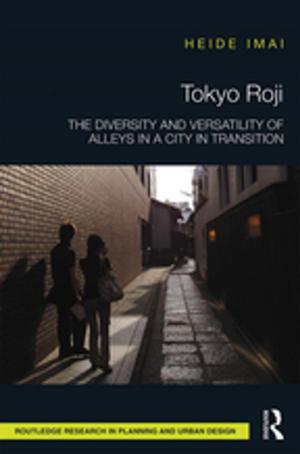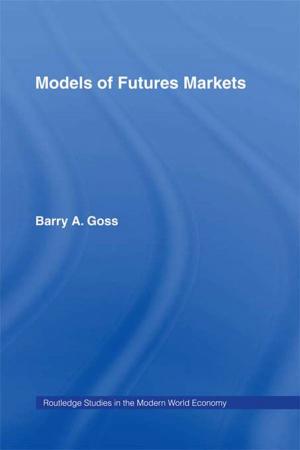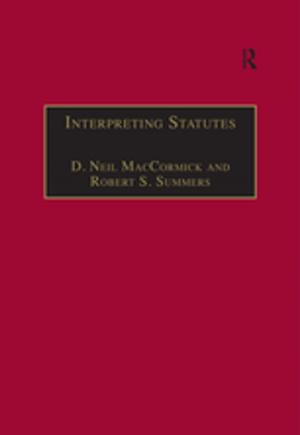| Author: | Harold Brookfield | ISBN: | 9781136856570 |
| Publisher: | Taylor and Francis | Publication: | August 6, 2012 |
| Imprint: | Routledge | Language: | English |
| Author: | Harold Brookfield |
| ISBN: | 9781136856570 |
| Publisher: | Taylor and Francis |
| Publication: | August 6, 2012 |
| Imprint: | Routledge |
| Language: | English |
Rather than being a book about ‘development’ per se, this work, first published in 1975, is instead a book about ideas about development, designed for those drawn by a concern over social injustice into the development field.
In a selective review of theory, which gives particular emphasis to the spatial dimension in Western, Marxist and neo-Marxist thought, Harold Brookfield traces the evolution of ideas about world inequality and the problem of development from the days before the ‘underdeveloped countries’ were considered to be a major problem, through the years dominated by ‘economic growth’, to the more searching approaches of the contemporary era. The central argument of the book is that development is a ‘totality’, which cannot properly be understood by separation into parts. The ‘developed’ and ‘underdeveloped’ countries constitute one interdependent system, and change in one cannot be understood without consideration of the other.
Rather than being a book about ‘development’ per se, this work, first published in 1975, is instead a book about ideas about development, designed for those drawn by a concern over social injustice into the development field.
In a selective review of theory, which gives particular emphasis to the spatial dimension in Western, Marxist and neo-Marxist thought, Harold Brookfield traces the evolution of ideas about world inequality and the problem of development from the days before the ‘underdeveloped countries’ were considered to be a major problem, through the years dominated by ‘economic growth’, to the more searching approaches of the contemporary era. The central argument of the book is that development is a ‘totality’, which cannot properly be understood by separation into parts. The ‘developed’ and ‘underdeveloped’ countries constitute one interdependent system, and change in one cannot be understood without consideration of the other.















